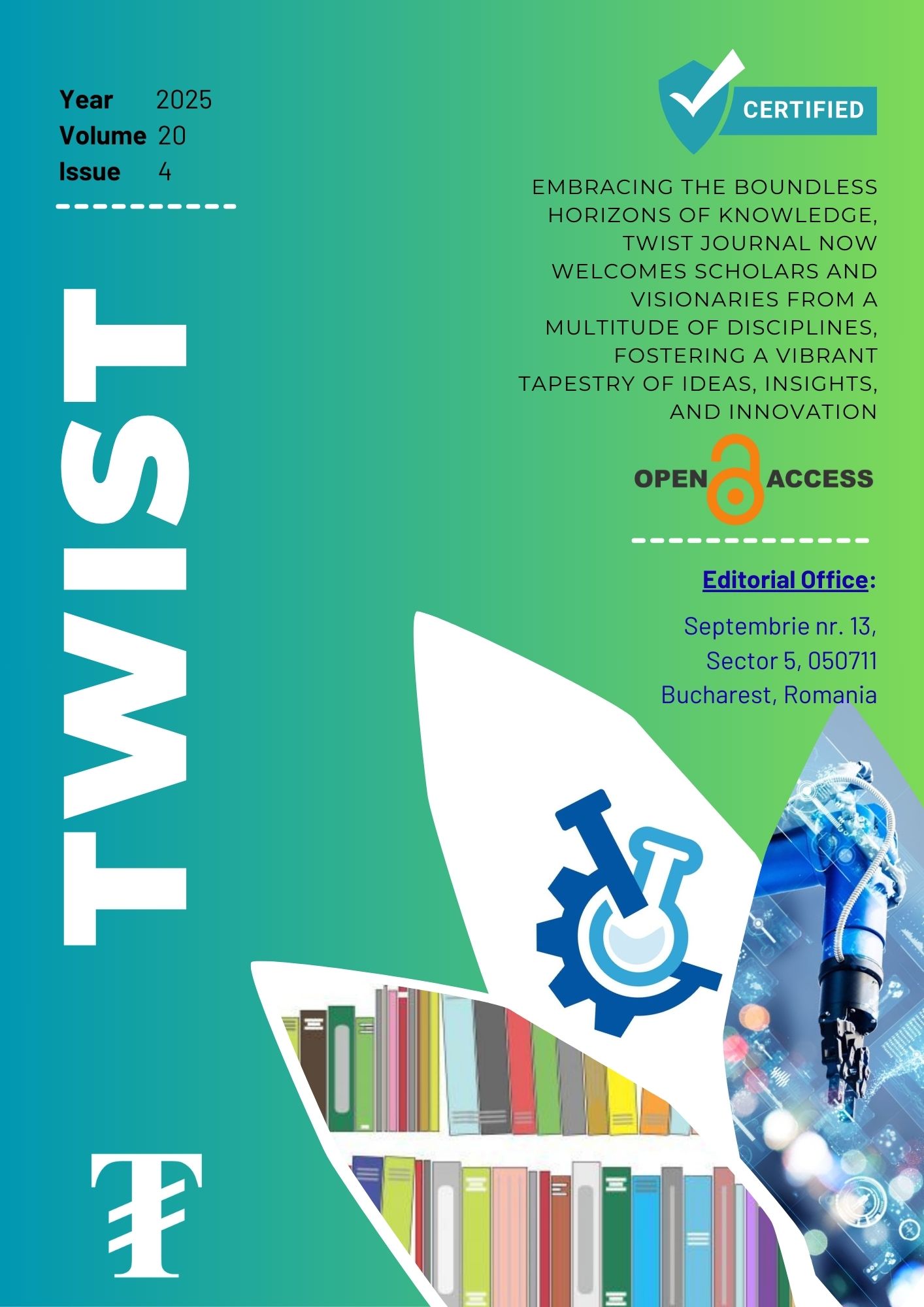Examining the Achievements and Obstacles in Implementing Inclusive Education in Early Childhood Settings in South Africa
An Integrative Review
Keywords:
Early childhood, Early learning, Inclusive education, Integrative reviewAbstract
Early childhood education is fundamental in establishing the groundwork for inclusive learning, ensuring that all children, regardless of their abilities or disabilities, have equal educational opportunities. However, inclusive education is often perceived as a theoretical ideal rather than a practical and achievable model in early learning, posing challenges for educators in its implementation. This integrative review examines the achievements and obstacles associated with implementing inclusive education in South African early childhood settings. It aims to clarify the concept of early childhood inclusion by identifying effective strategies and persistent challenges to guide policy development. By synthesizing existing research, the study highlights progress made, barriers encountered, and potential recommendations for improvement. Findings suggest that although policy frameworks advocate for inclusivity, practical execution is hampered by limited resources, insufficient teacher training, and societal perceptions. Overcoming these challenges requires joint efforts from policymakers, educators, and communities. Integrating inclusive education training into teacher preparation programmes and fostering advocacy skills among educators are some of the strategies being adopted to address these issues. This review contributes to ongoing discussions on best practices, policy enhancements, and sustainable approaches to creating inclusive early learning environments.
Downloads
Downloads
Published
Issue
Section
License
Copyright (c) 2025 TWIST

This work is licensed under a Creative Commons Attribution-NonCommercial-ShareAlike 4.0 International License.











